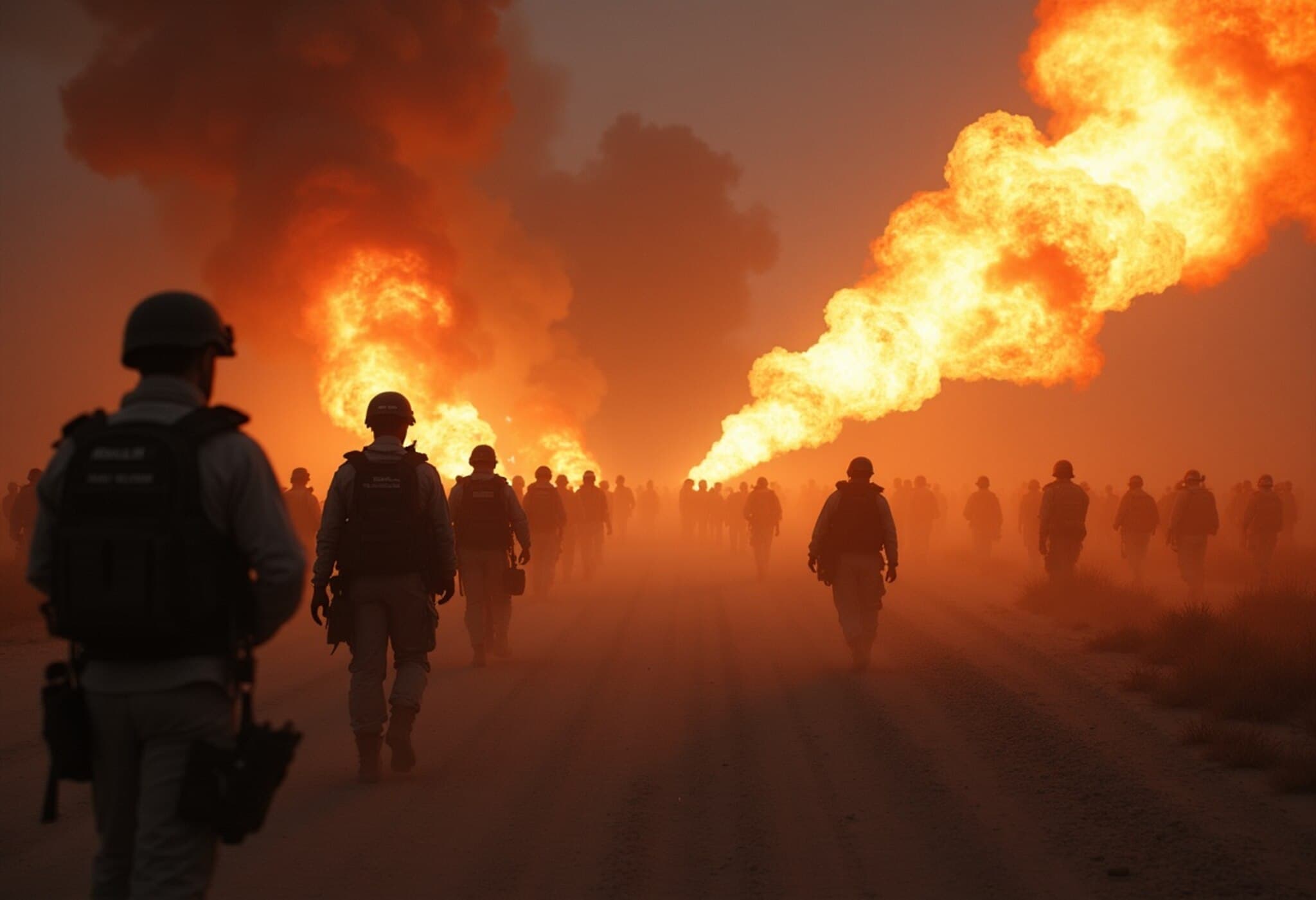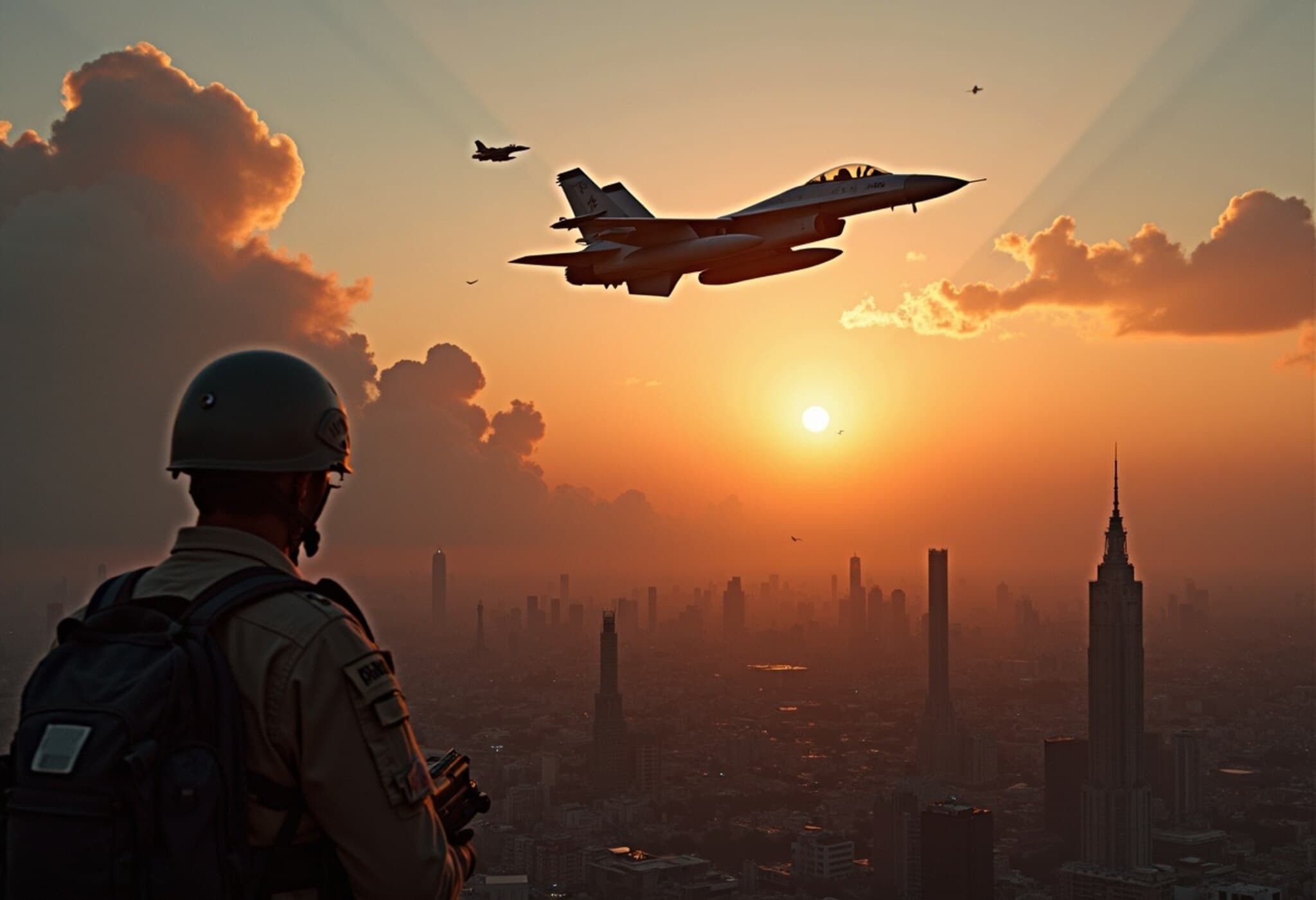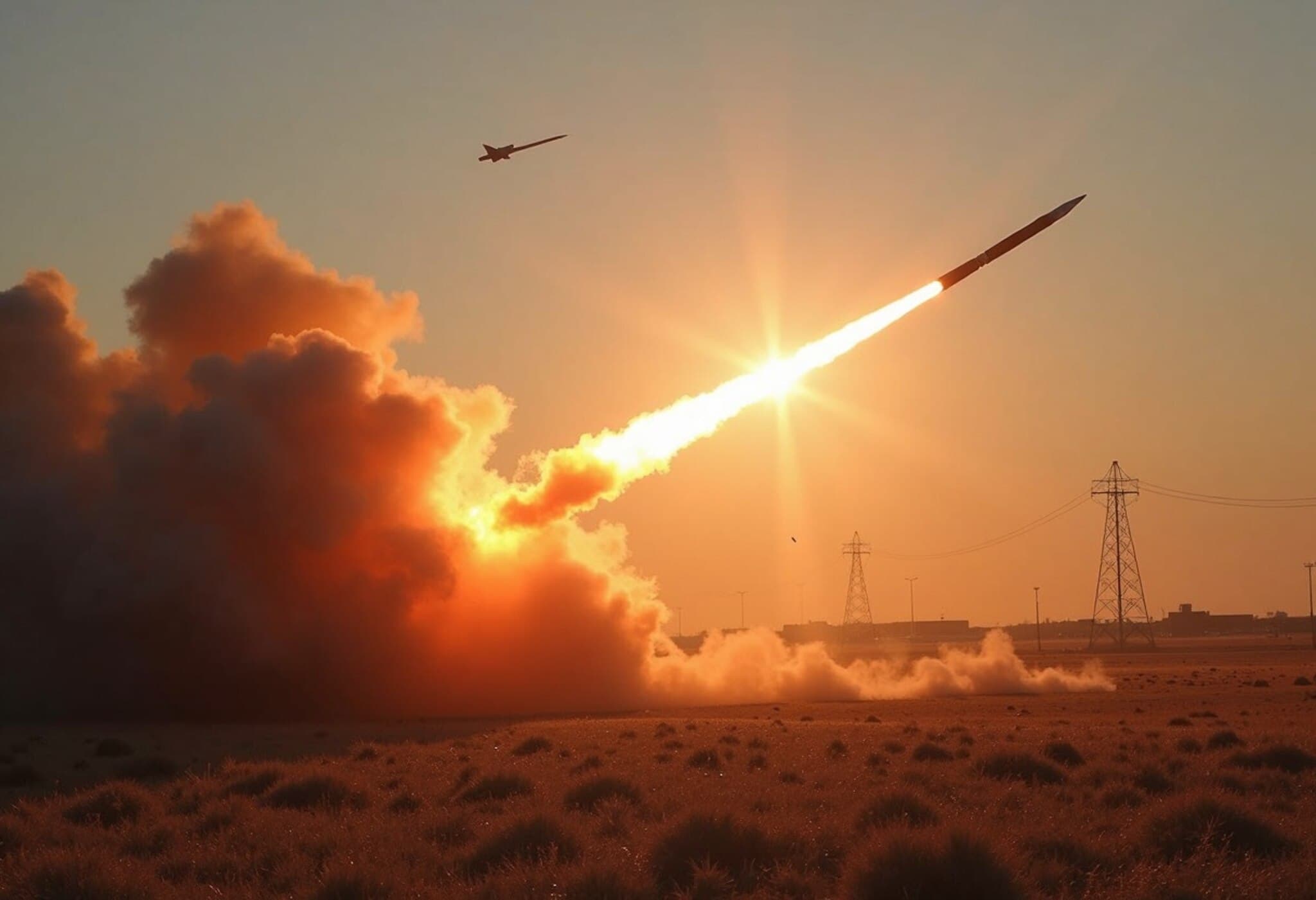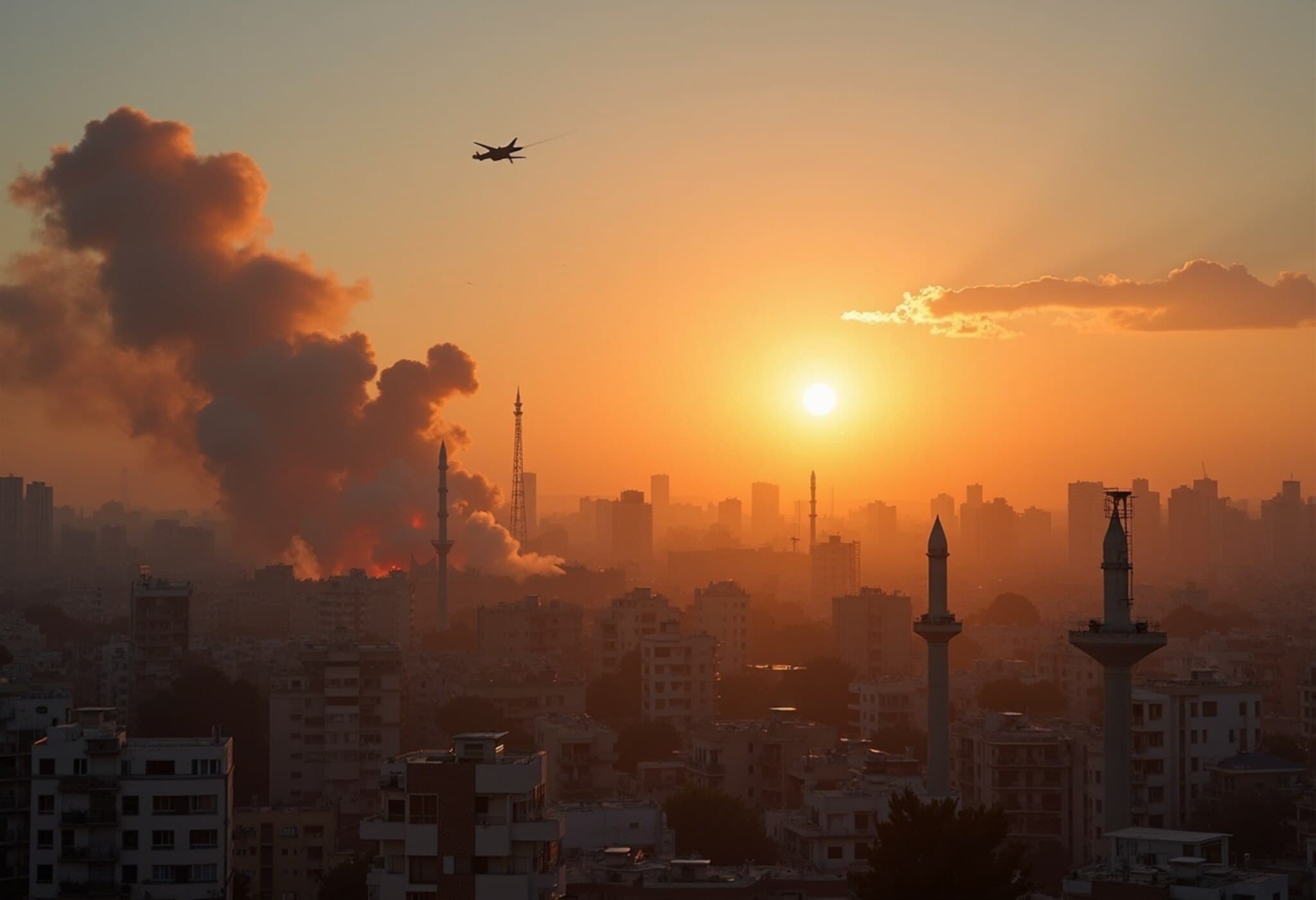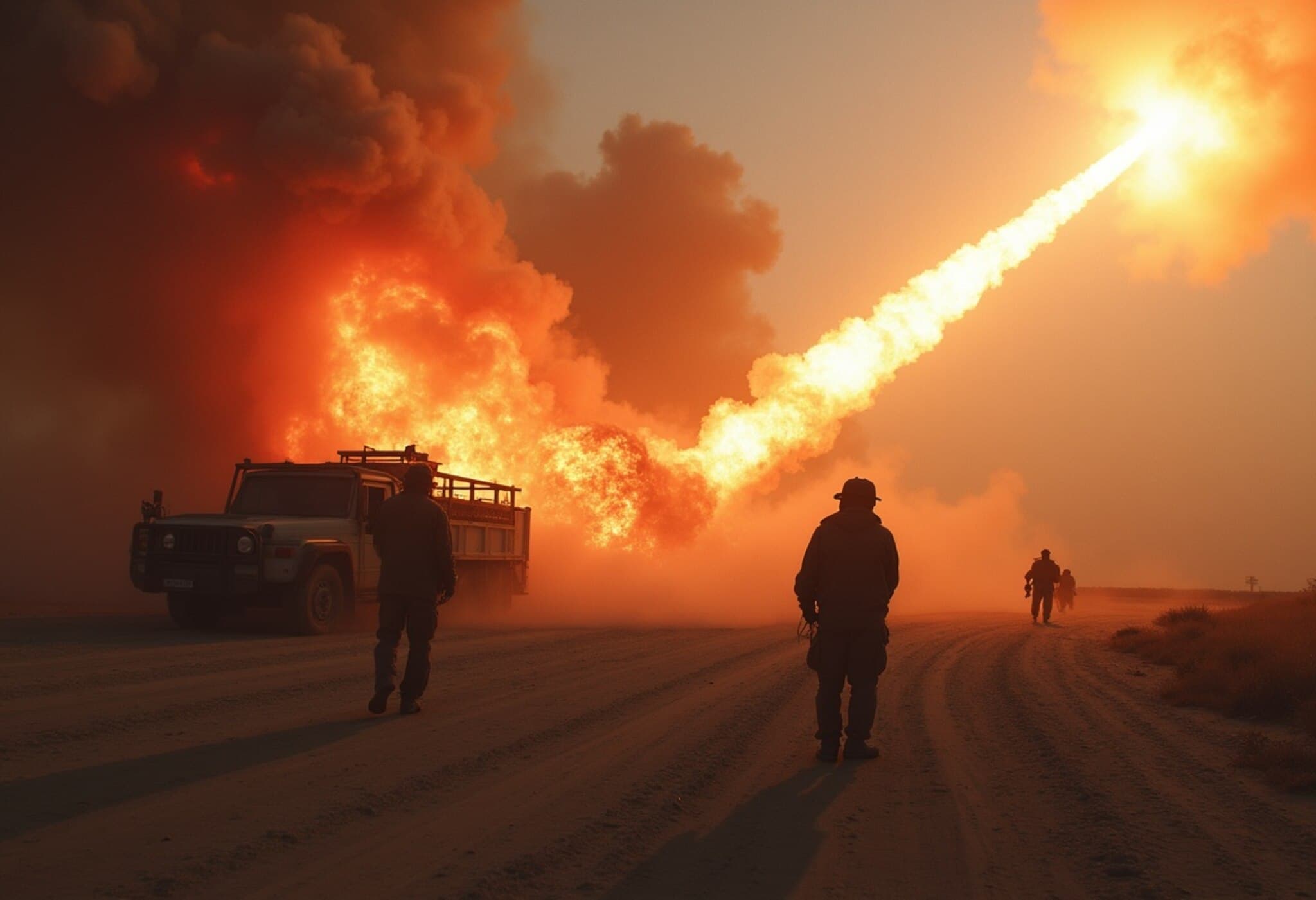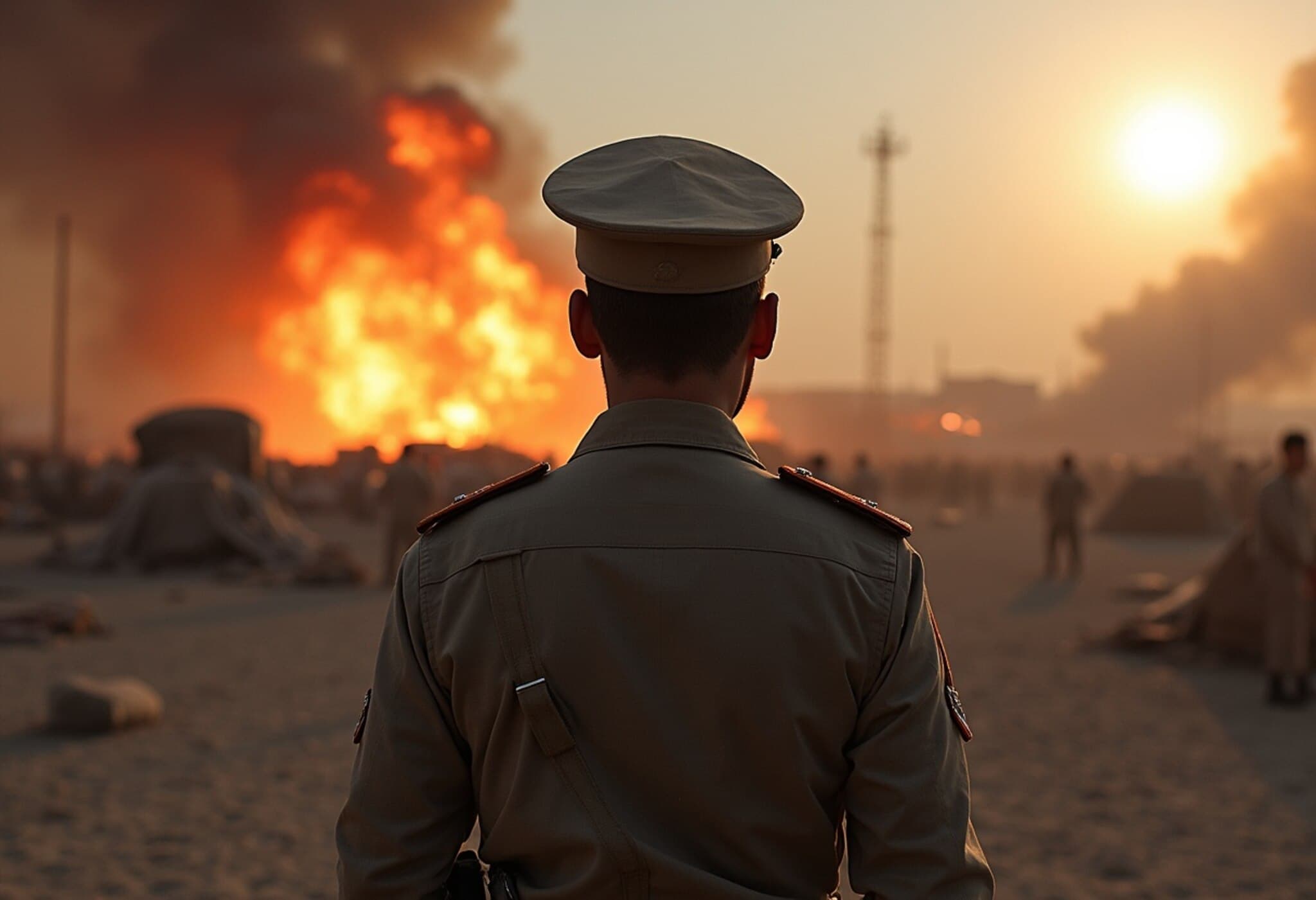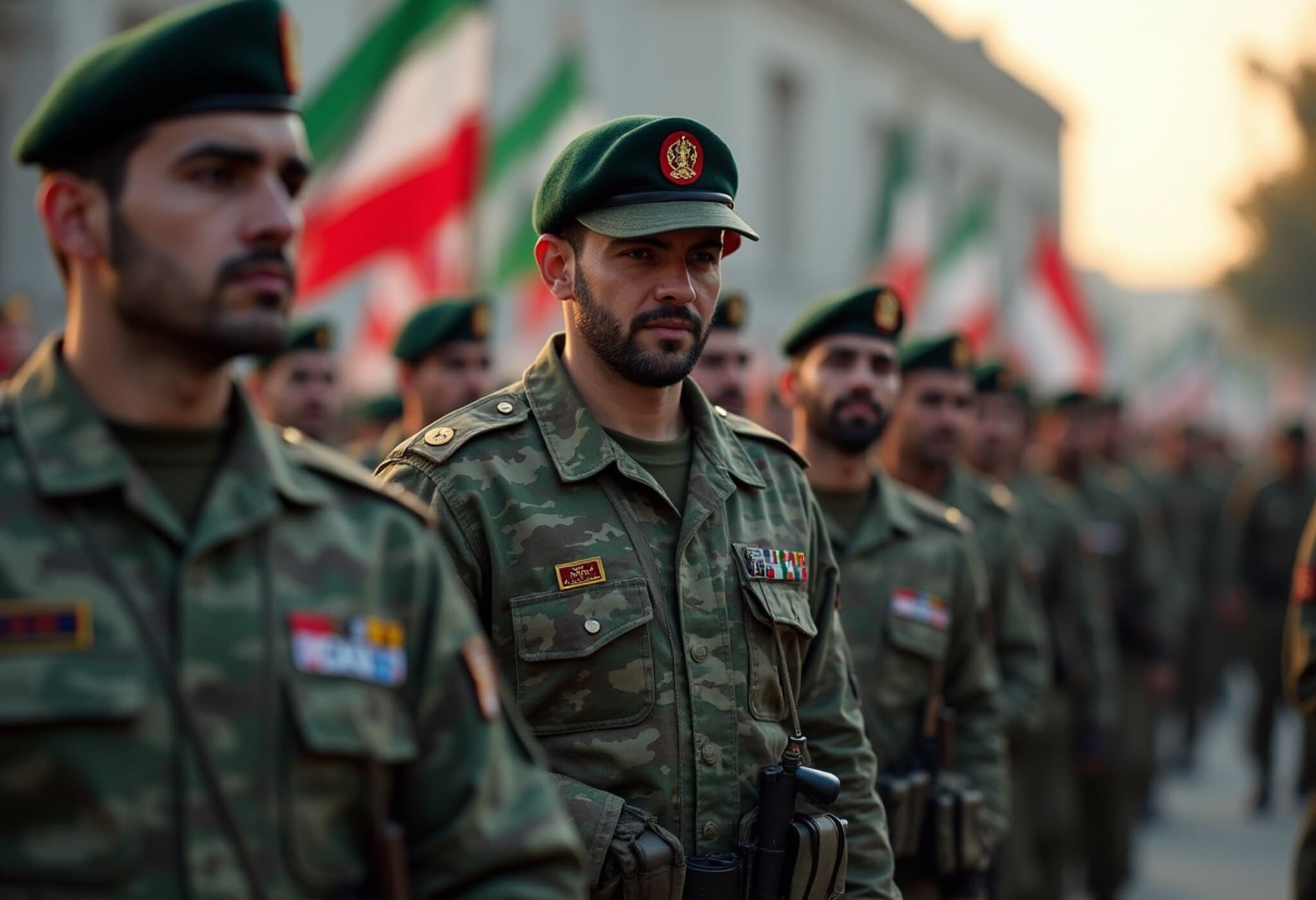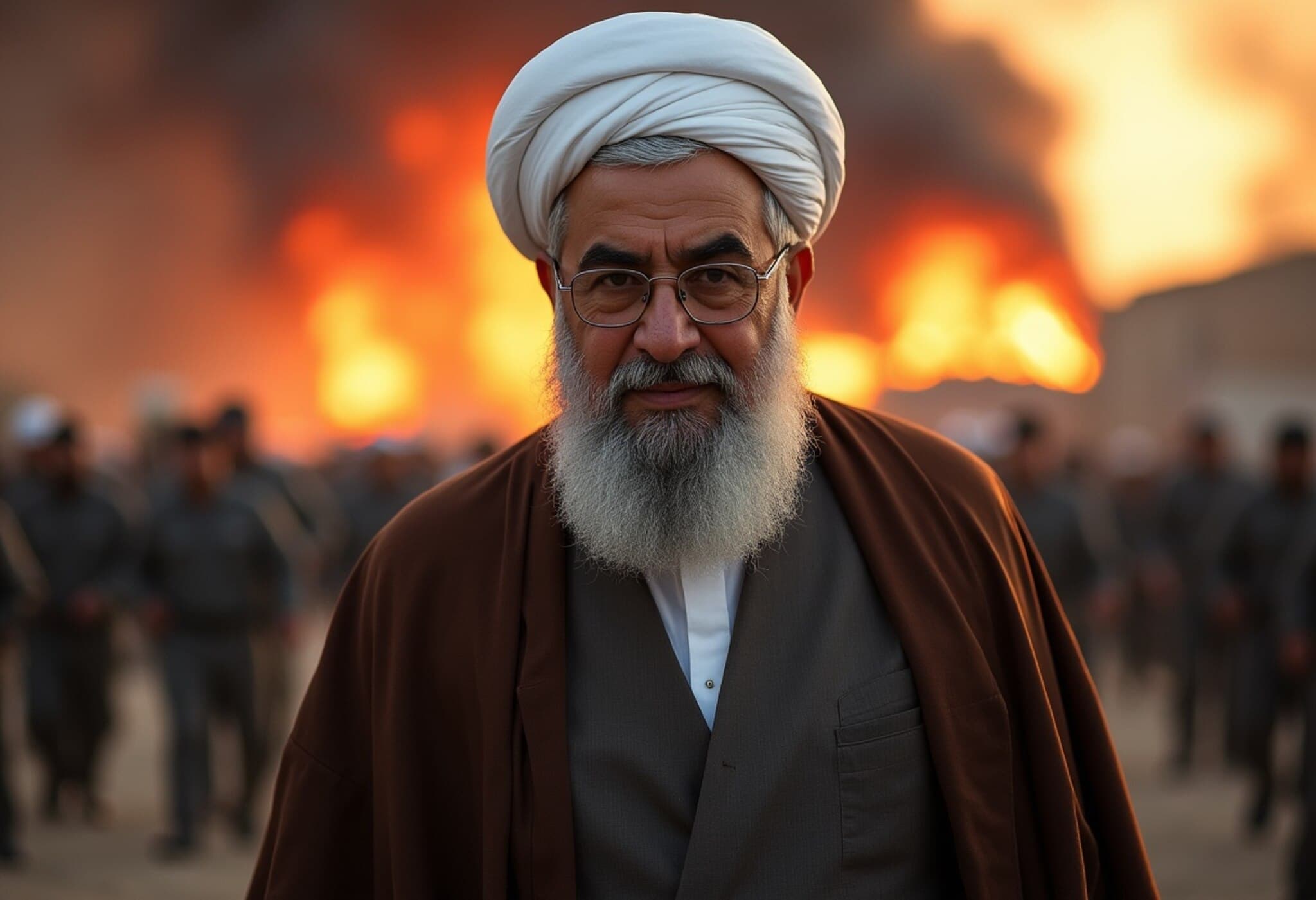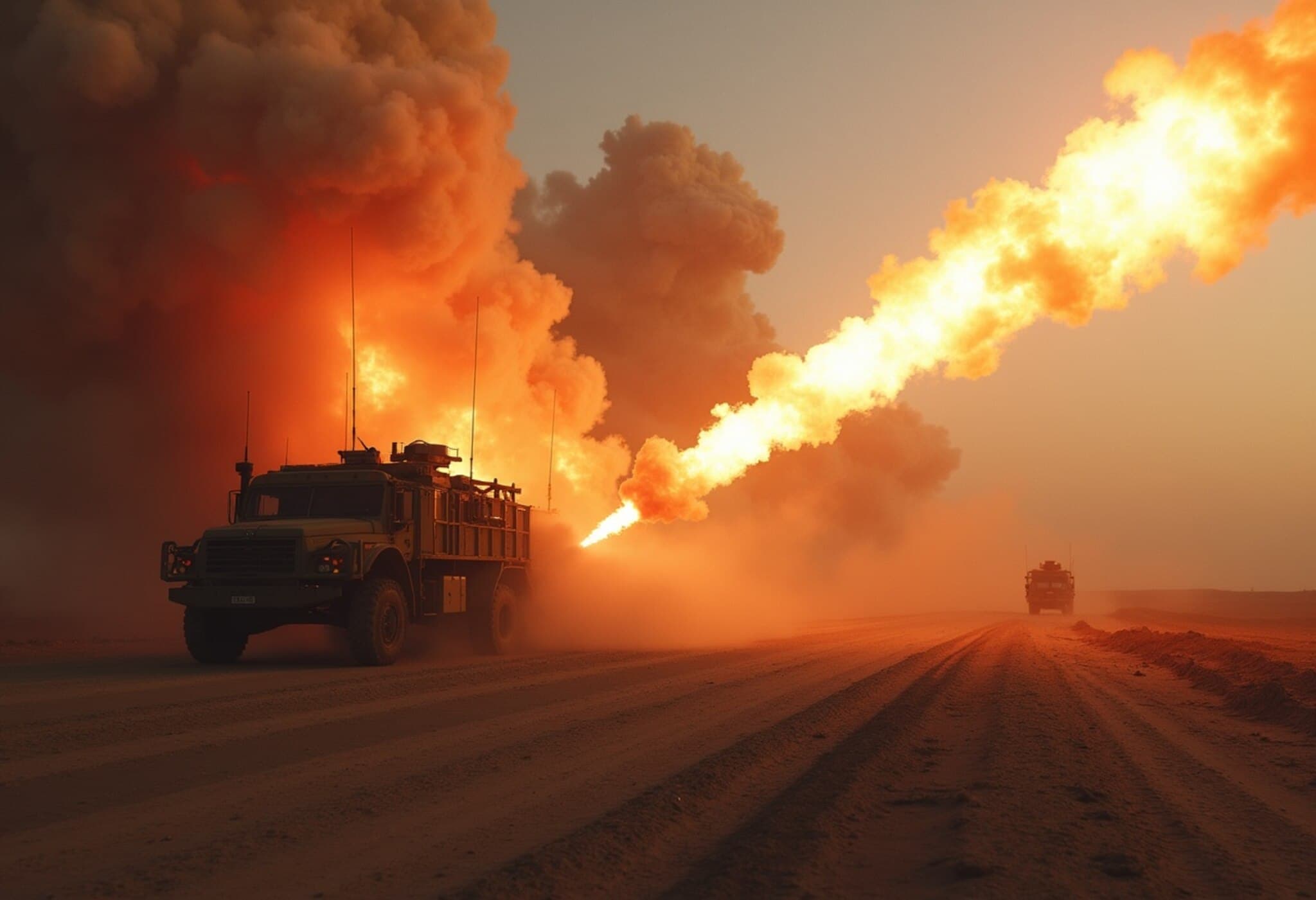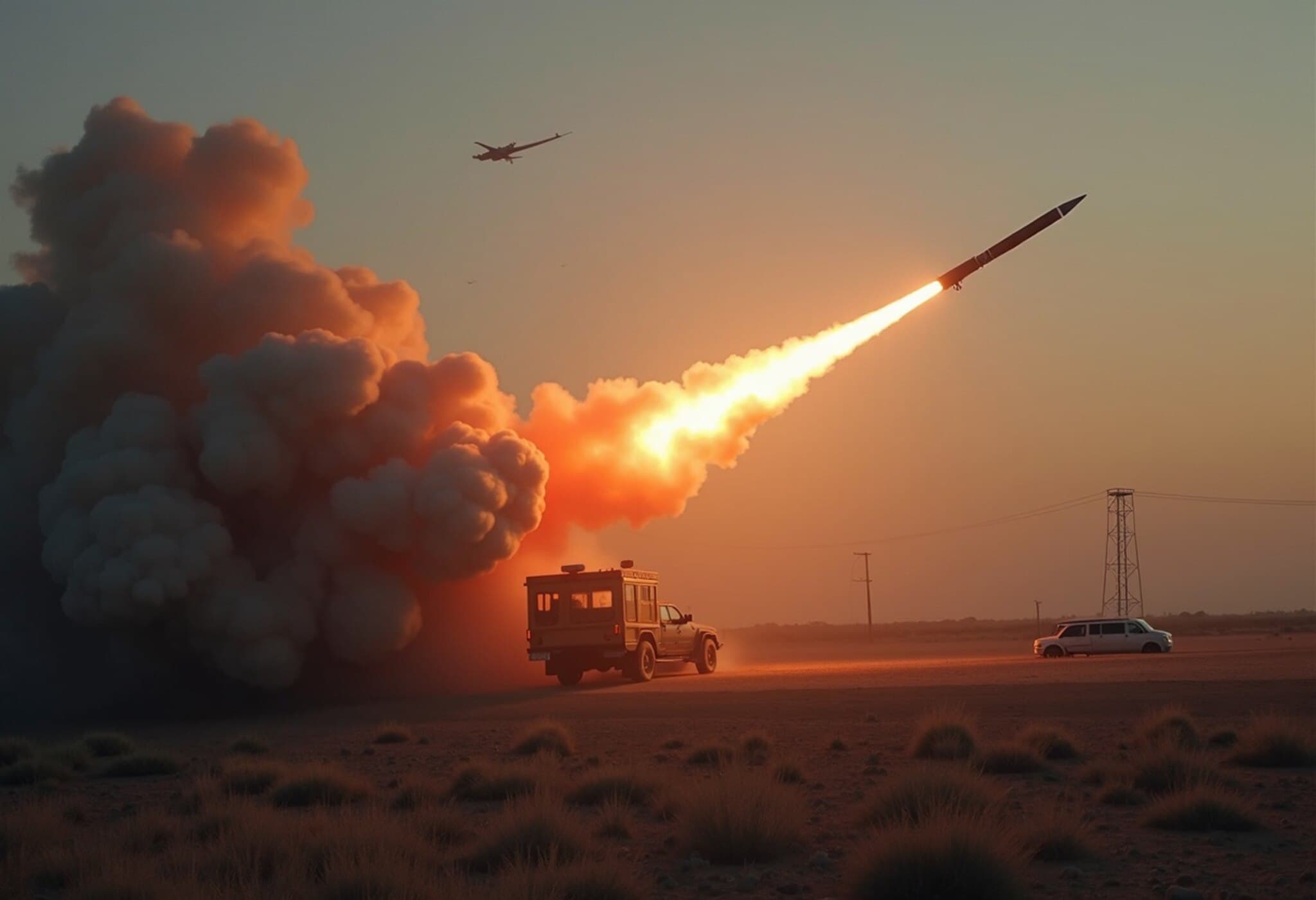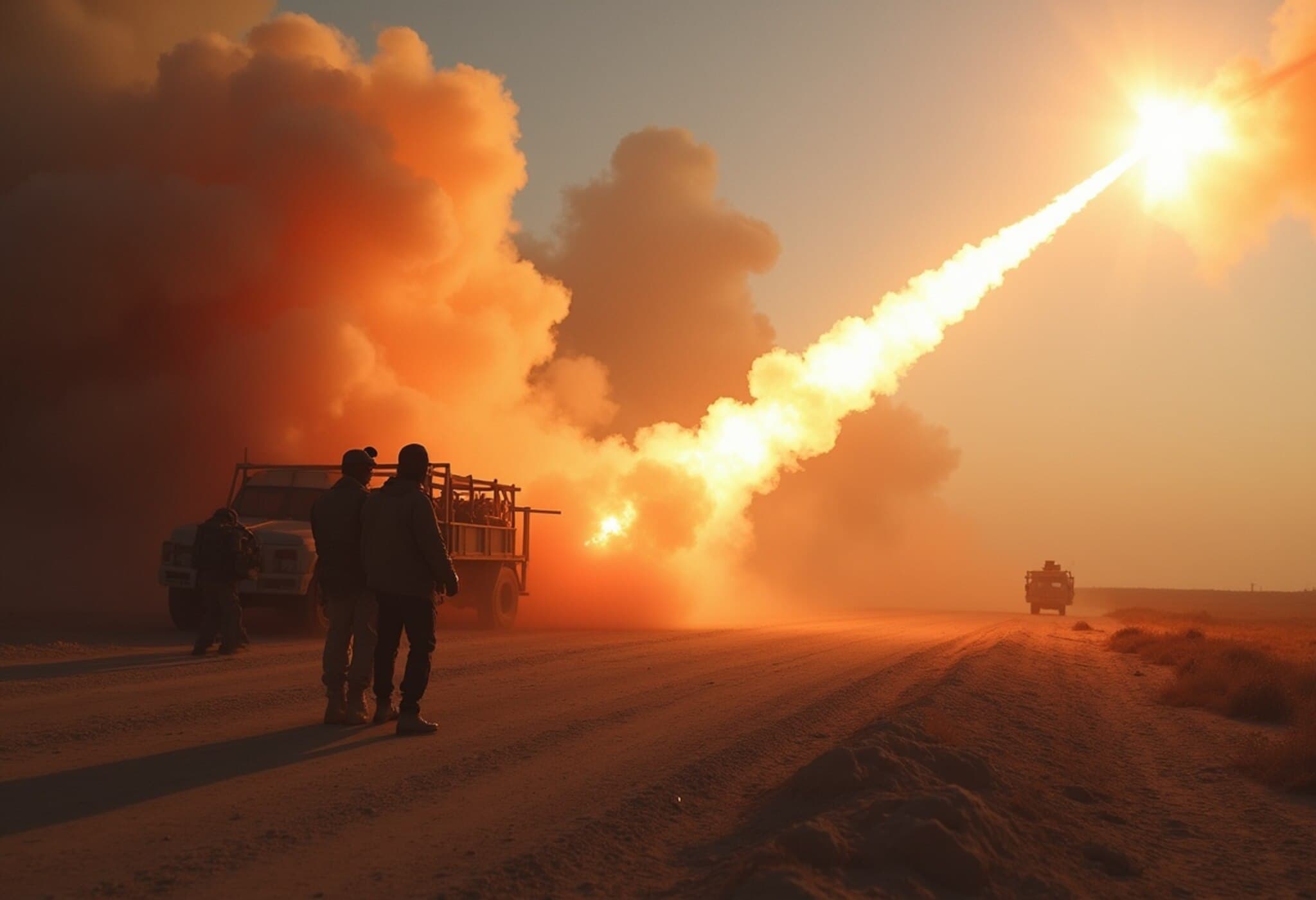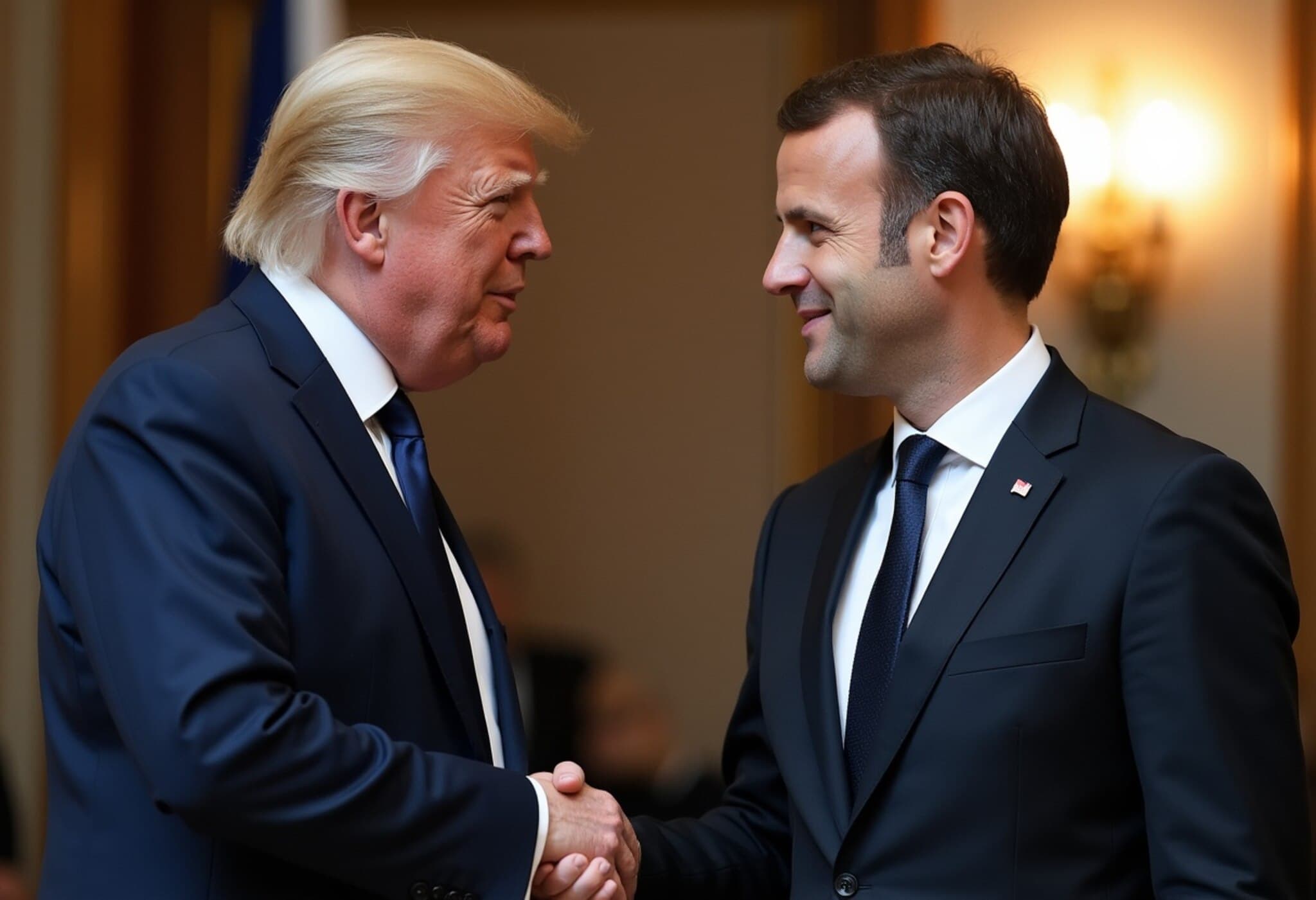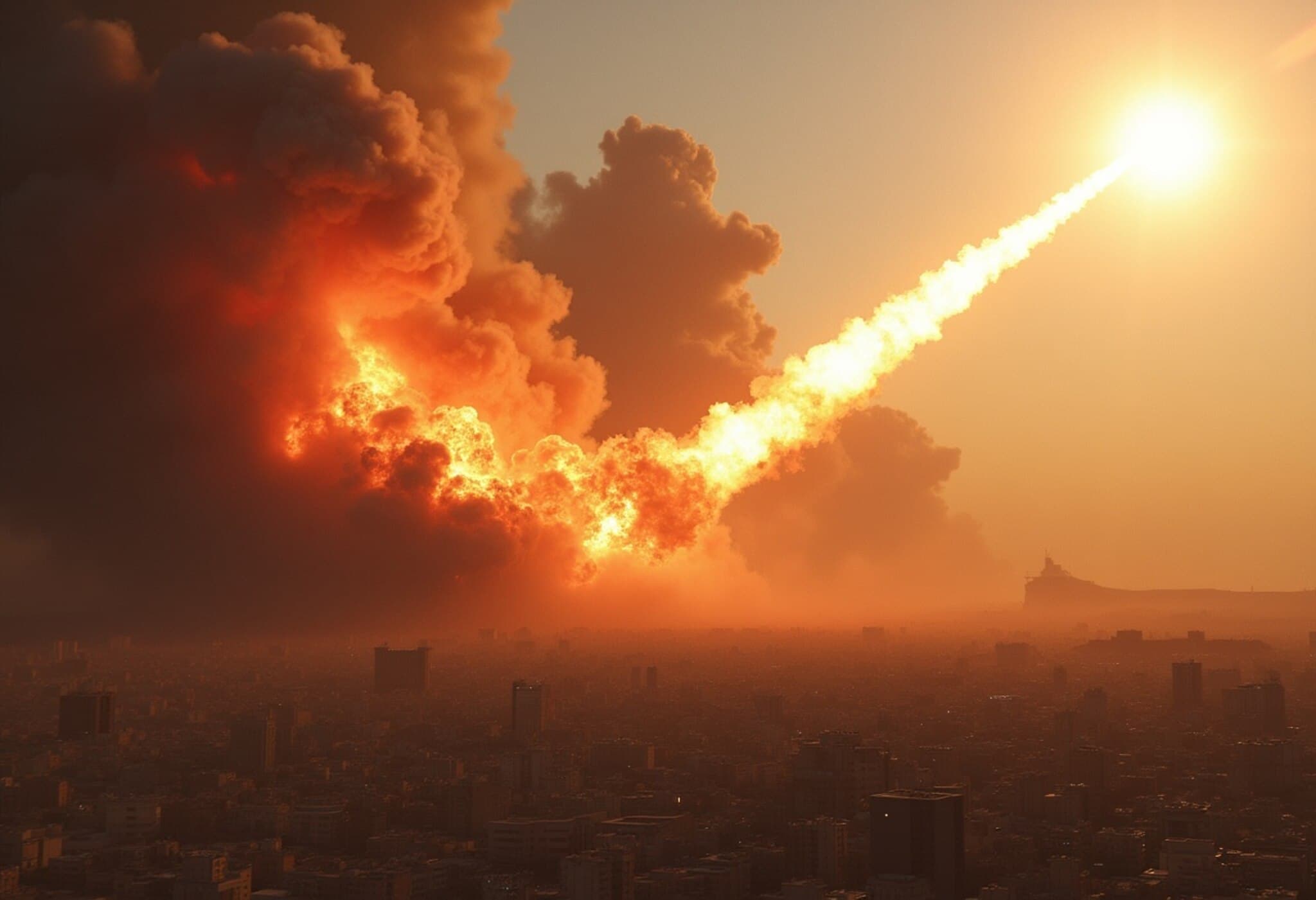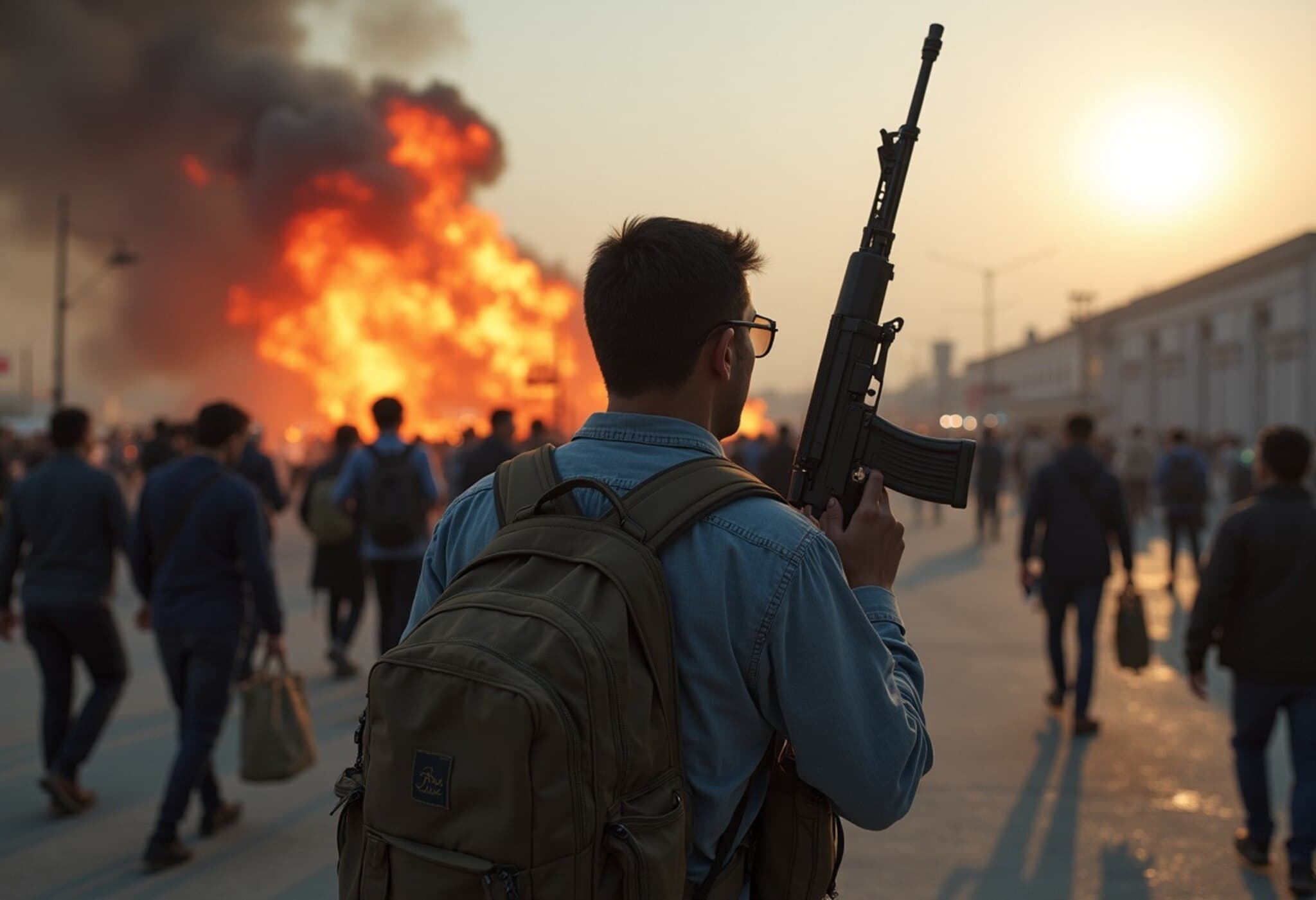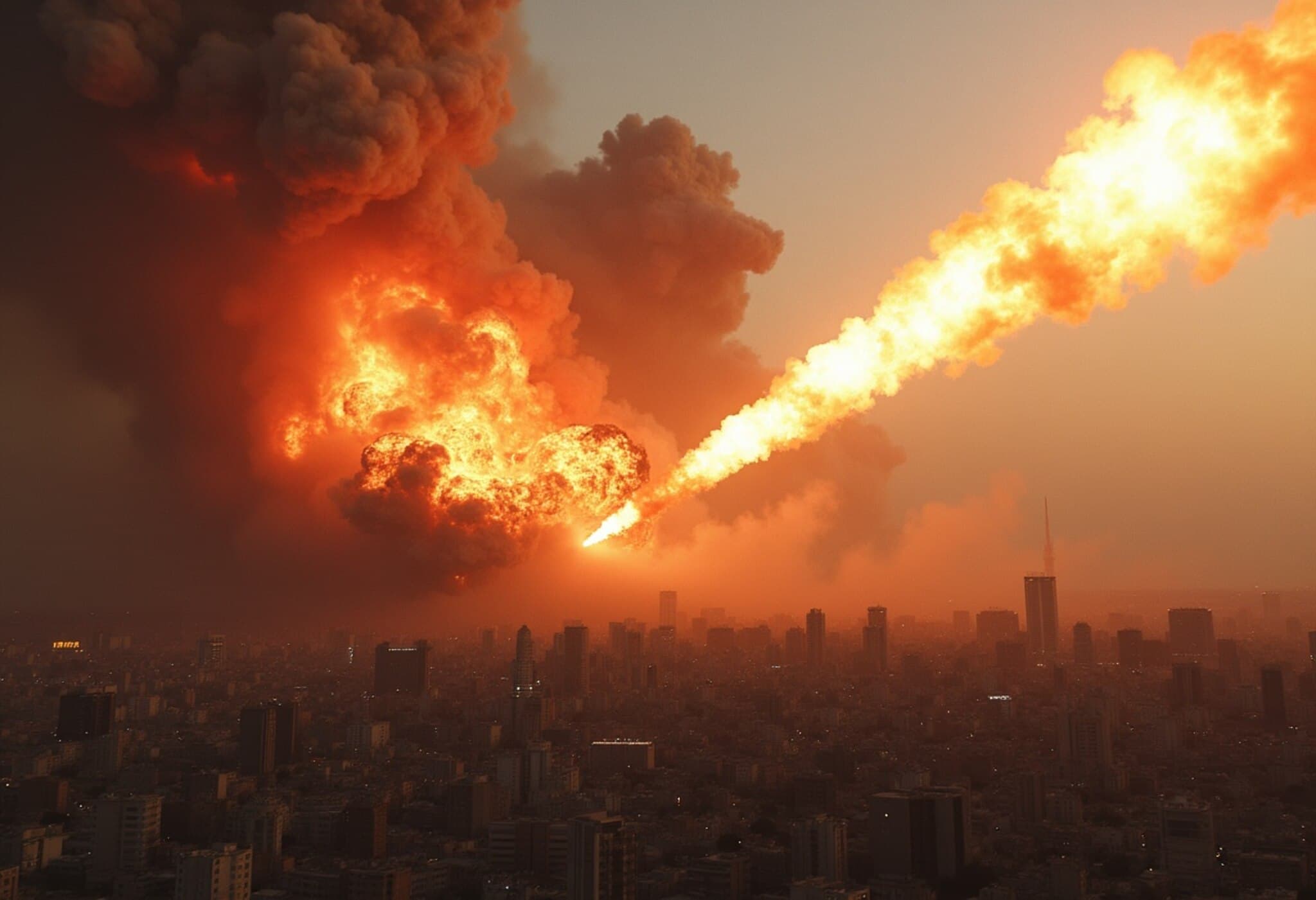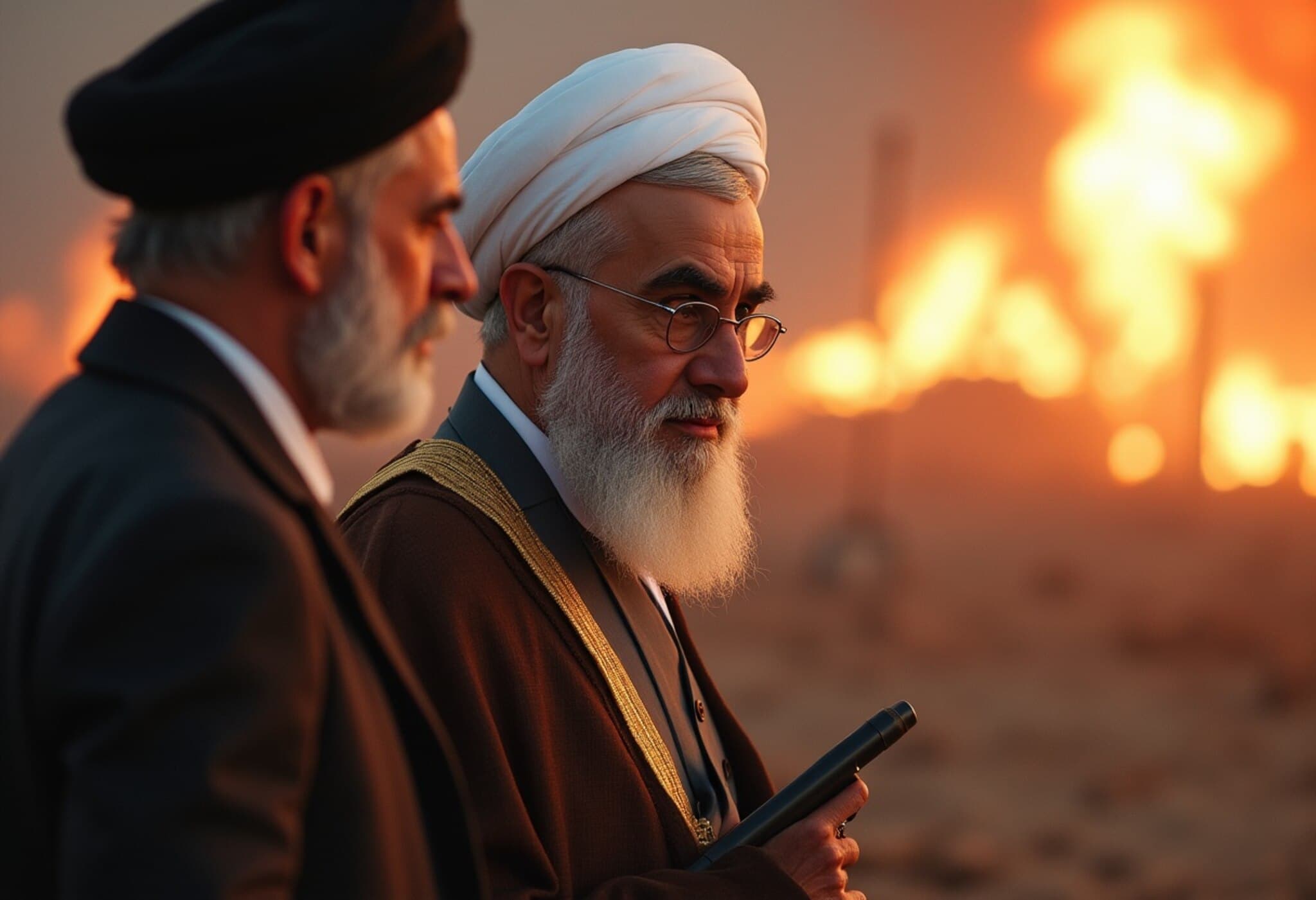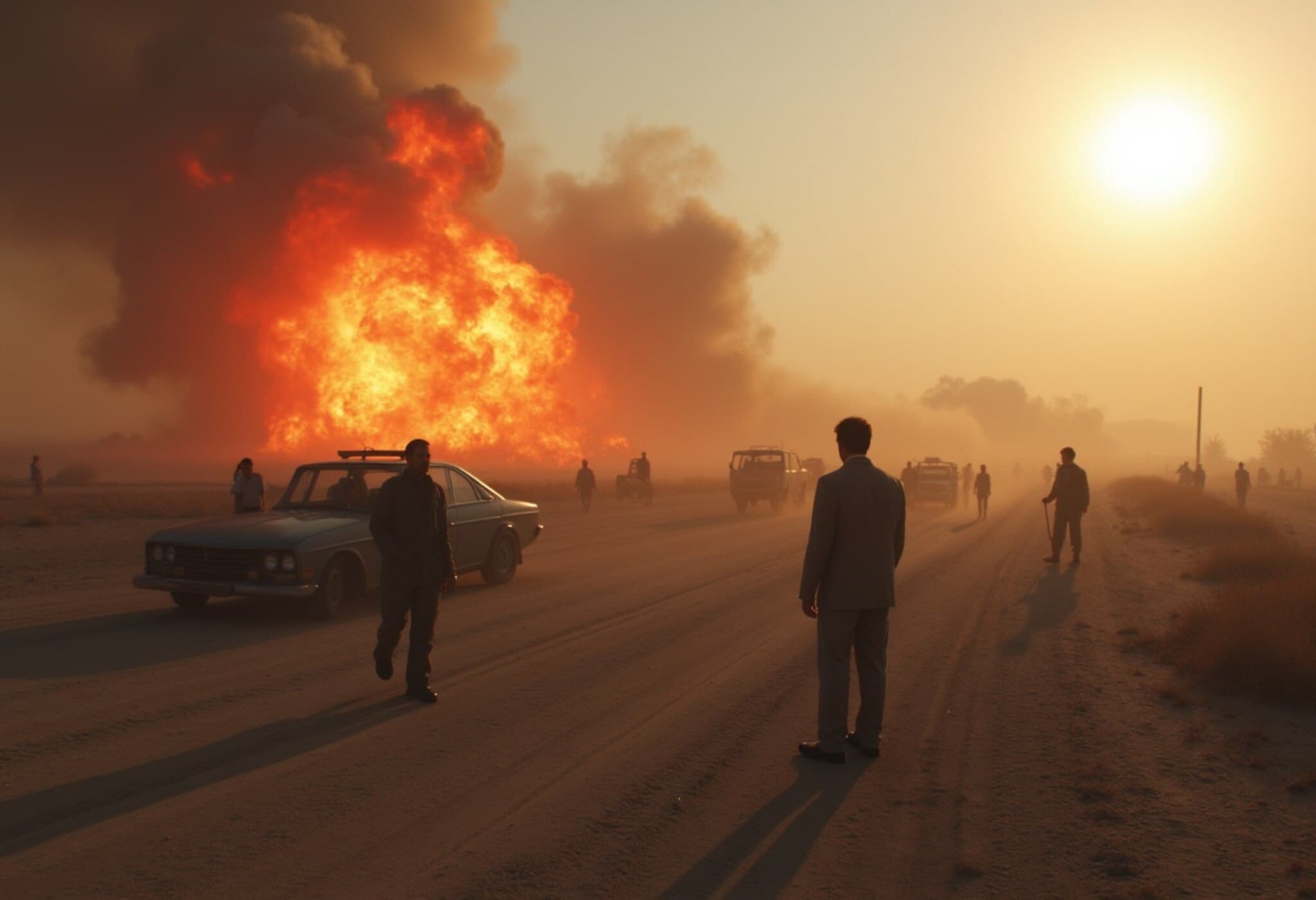A Region on Edge: Growing Fears of a Wider Middle East Conflict
As tensions between Iran and Israel intensify, the international community watches anxiously for signs of escalation or resolution. With both nations trading increasingly severe strikes, hopes for peaceful diplomacy appear increasingly fragile.
U.S. Contemplates Direct Military Action
The spotlight remains firmly on the White House, where President Donald Trump has hinted at the possibility of direct military strikes against Iran. Such a move would mark a significant escalation from the current state of proxy and regional skirmishes, pushing the U.S. into deeper involvement alongside its ally Israel.
Speaking to reporters, Trump remained deliberately ambiguous: "I may do it, I may not do it. Nobody knows what I’m going to do. Iran’s got a lot of trouble, and they want to negotiate." He further emphasized the unpredictability of decisions in matters of war, noting he prefers to finalize any action "one second before it's due... because things change."
Global Leaders Urge Caution as Crisis Deepens
The Kremlin issued a sharp warning against U.S. intervention, cautioning it could trigger a "terrible spiral of escalation." Russian officials stressed that the world is precariously close to a nuclear catastrophe, with conflicts already raging elsewhere.
Meanwhile, the United Kingdom has taken preparatory steps for potential fallout, with Prime Minister Keir Starmer convening an emergency crisis meeting and initiating the evacuation of British embassy families from Tel Aviv. These moves came on the heels of the G7 summit, where member nations reinforced their commitment to peace and stability despite mounting hostilities.
A Delicate Diplomatic Landscape Frays
Efforts to cool tensions face daunting challenges as Iran and Israel exchange missile strikes. German Chancellor Friedrich Merz stirred debate by praising Israel for undertaking what he described as the "dirty work" of targeting Iranian nuclear sites, applauding the Israeli military’s courage amid escalating confrontations. German, French, and British foreign ministers plan to engage with Iranian counterparts in a bid to pursue dialogue.
China and Russia: Calls for Ceasefire and Diplomacy
China joined global voices urging restraint, with Premier Xi Jinping highlighting the urgent need for a ceasefire and cautioning against the use of force. Xi and Russian President Vladimir Putin, both considered allies of Iran, voiced their condemnation of Israel's recent strikes, labeling them violations of international law and emphasizing that military solutions will not resolve the nuclear dispute.
The Situation on the Ground: Strikes and Retaliations
Violence continues unabated. Israel targeted key nuclear facilities at Arak and Natanz, while Iran retaliated with missiles striking southern Israel, including an attack on a hospital in the Negev region. The assault on the hospital resulted in at least 30 injuries, inflaming the conflict further. Israeli Defense Minister Israel Katz declared that Iran's leader "can no longer be allowed to exist," underscoring the heightened animosities and potential for broader warfare.
The Road Ahead: A Precarious Balance Between War and Diplomacy
With rhetoric intensifying and military actions escalating, the risk of a regional conflict spiraling out of control grows ever more pronounced. Diplomatic solutions remain elusive as leaders engage in a high-stakes game of brinkmanship. The coming days could prove decisive in determining whether peace can be brokered or if the Middle East faces a deepening crisis with global ramifications.

